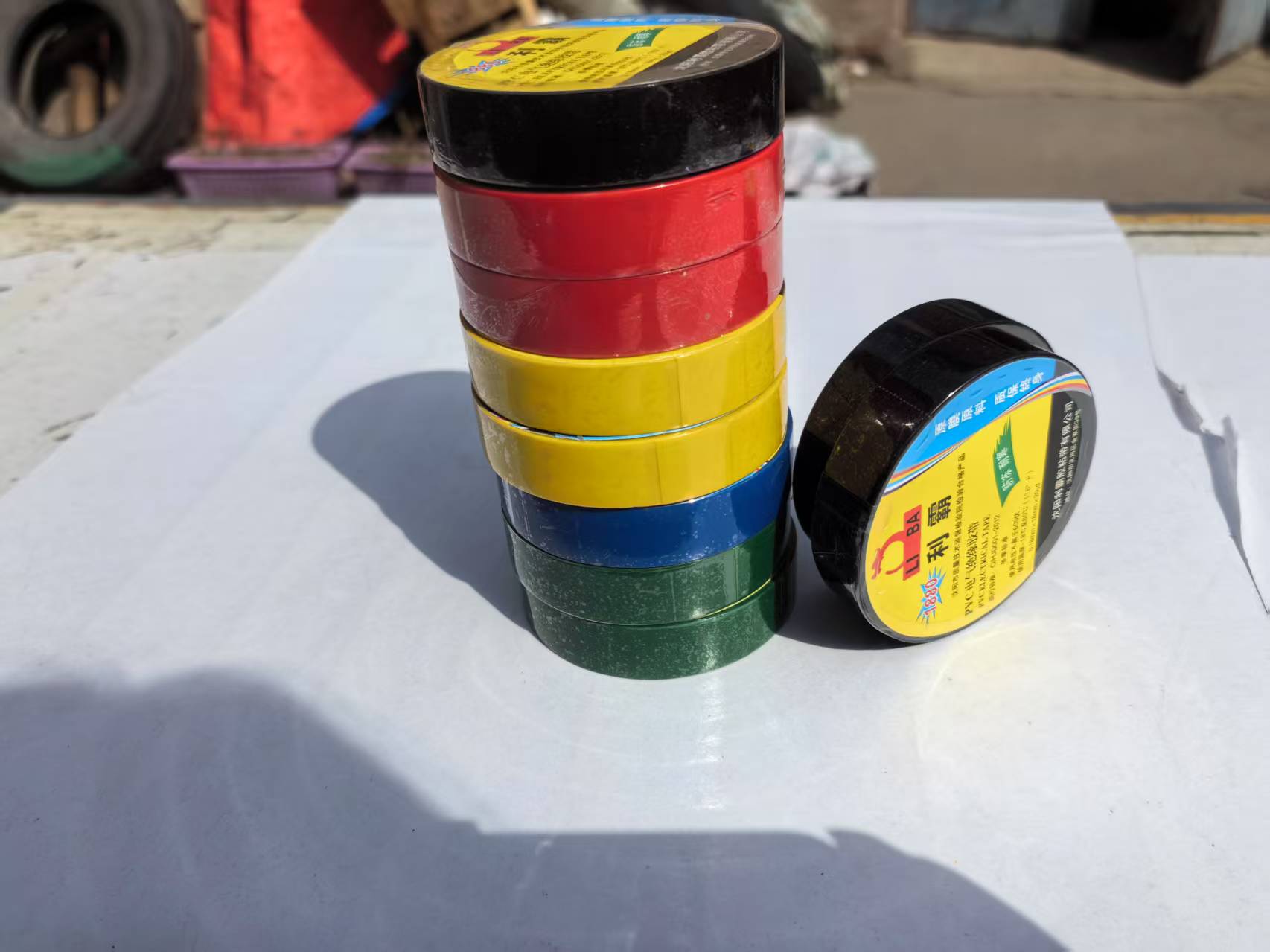Title: Understanding and Applying Electrical Tape
Electrical tape, also known as electrical cable sheathing tape or electrical cable insulation tape, is a crucial component in the maintenance of electric power systems. It serves as an insulator that helps protect the electrical conductors from physical damage and maintains its integrity under various environmental conditions. In this SEO article, we will delve into the essential features and applications of electrical tape to enhance our understanding of its significance in modern electrical engineering.

The primary function of electrical tape in electrical wiring is to provide a physical barrier between the conductor and any other objects or surfaces that might come into contact with it. This prevents short circuits or even physical damage to the wires during transport, installation, and operation. The use of tape is not only about safety but also about reliability. By ensuring that wires are properly wrapped and protected, electrical engineers can minimize the possibility of issues like electromagnetic interference (EMI) or overheating, which can result in equipment malfunction or even fires.
One of the key advantages of electrical tape is its flexibility, allowing it to wrap around corners, edges, or even around non-conductive materials without compromising its insulating properties. Additionally, the wide range of available colors and finishes makes it easy to match with various electrical components and decor. This not only enhances the aesthetic appeal of the installation but also helps distinguish different types of wires or cables.
When it comes to selecting the right type of electrical tape, there are several options available based on the application and environment. Conductive tape, for instance, is designed to be used on copper or aluminum conductors where it provides a protective layer against corrosion. On the other hand, insulation tapes are suitable for covering exposed wires inside walls or cabinets, keeping them safe from moisture and dust. There are also tapes designed for outdoor use, specifically those that can withstand harsh weather conditions, providing an extra level of protection for exposed wires in the face of extreme temperatures, humidity, and sunlight.
Another important aspect to consider when using electrical tape is its durability. Electrical tape should be resistant to UV radiation, chemicals, and mechanical stress. It should also have a shelf life that is longer than the expected lifespan of the electrical system it’s protecting, ensuring long-term effectiveness.
In conclusion, electrical tape plays a vital role in the electrical engineering industry. Its ability to protect wires from physical damage, maintain their integrity, and enhance the overall performance of electrical systems cannot be overstated. By understanding its key features and how they benefit different applications, engineers and technicians can confidently choose the right type of electrical tape for their projects. Remember, proper use of electrical tape is not just about meeting regulations; it’s about ensuring the reliability and efficiency of our electrical systems.
【本文标签】
【责任编辑】利霸胶粘带编辑部(若有侵权内容请联系本站删除)